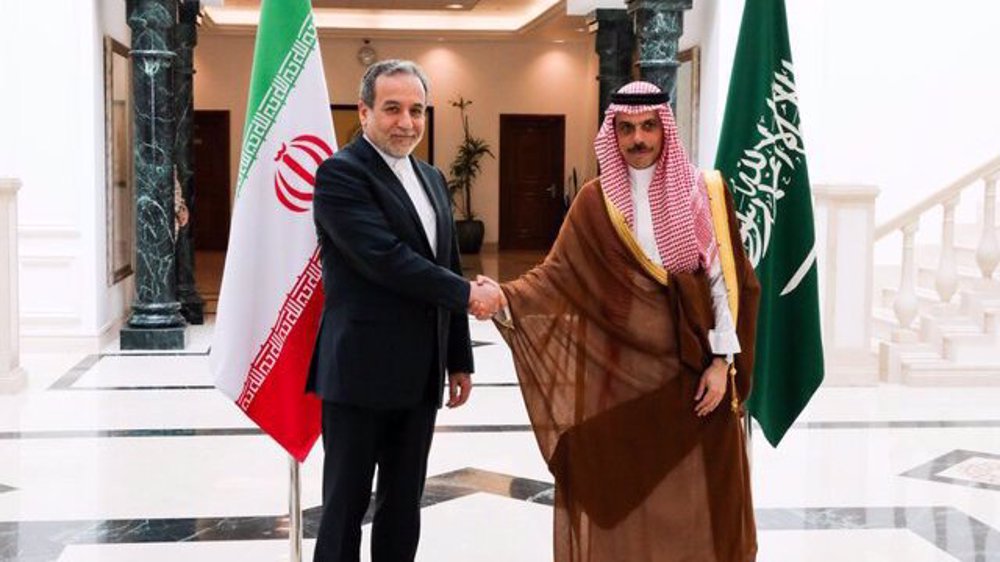Saudi Arabia introduces e-bracelets for Hajj pilgrims: Report
Muslim pilgrims joining this year’s Hajj pilgrimage in Saudi Arabia will have to wear an electronic safety bracelet after thousands of them died in a tragic crush last year.
According to a report by Saudi Gazette newspaper, the high-tech safety measure will help authorities provide care “and identify people.”
The report added that the bracelets store each pilgrim’s personal information, including address and medical records.
Wristlets are resistant and connected to a GPS location system, the newspaper noted.
In addition, Saudi authorities have installed more than 800 surveillance cameras at the Grand Mosque in the holy city of Mecca.
The report does not explain how such spying measures can prevent accidents during this year’s Hajj rituals.
The measures come as Saudi Arabia has come under harsh criticism over its handling of the Mina incident and incompetent to host the annual Hajj rituals.
The crush of last year occurred after two large masses of pilgrims converged at a crossroads in Mina during the symbolic ceremony of the stoning of Satan in Jamarat on September 24, 2015.
Saudi Arabia claims nearly 770 people were killed in the incident, but Iranian officials say over 7,000 people lost their lives in the tragedy.

The number of the Iranian fatalities is at least 464, exceeding that of other countries.
Riyadh regime has also failed to publish a report on the tragedy.
The tragedy came days after a massive construction crane collapsed into Mecca’s Grand Mosque, killing more than 100 people and leaving over 200 others wounded.
According to the figures released by Iran’s Hajj and Pilgrimage Organization, 11 Iranian pilgrims were among the deceased and 32 of the injured were also Iranian nationals.
Iran says Riyadh’s incompetence in handling safety at the rituals caused the deadly incident.
Following the tragedy, Saudi King Salman even praised Saudi authorities for holding a “successful” Hajj.
This year, Iran has said it will not participate in the Hajj pilgrimage in Mecca because of “obstacles” created by Saudi Arabia, among them its failure to guarantee the safety of Hajj pilgrims.
Iran’s decision came after Riyadh failed, following lengthy negotiations, to address the Islamic Republic’s concern regarding the safety and dignity of its nationals during the Hajj pilgrimage.
Senior Iranian officials have slammed Riyadh for manipulating Hajj for its own “political” goals.
Israeli producer of anti-Iran propaganda series ‘Tehran’ dies in Greece
Diplomacy and deterrence: Iran focused on reaching nuclear deal – without compromise
British Museum faces backlash for eliminating references to ‘Palestine' from displays
Global outage hits X users: Thousands report access issues
US warship seizes second Venezuelan oil tanker in Indian Ocean
VIDEO | IRGC Navy holds 'Smart Control of Strait of Hormuz' military drills
Explainer: Jaam-e Jam 1 – Iran’s giant leap into geostationary orbit and a new broadcasting era
Iran says entered talks with US with 'result-oriented approach'















 This makes it easy to access the Press TV website
This makes it easy to access the Press TV website